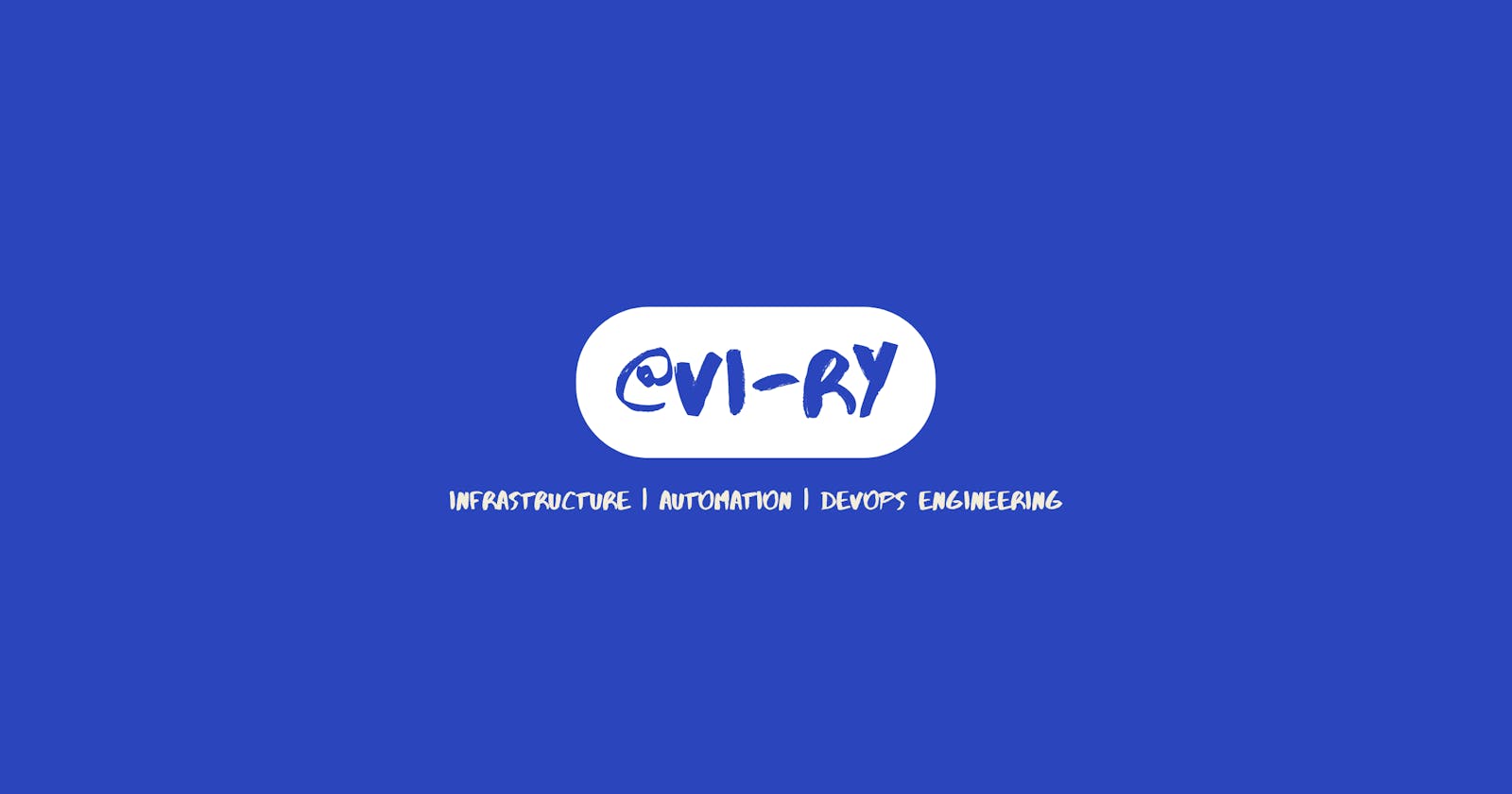In this blog post, we will explore 12 important system design terms and their associated cloud services.
1. Scalability 🚀:
Cloud services like AWS Auto Scaling, Azure Virtual Machine Scale Sets, and GCP Instance Groups enable dynamic adjustment of resource capacity to accommodate growing workloads.
2. Availability 🌐:
Platforms like AWS Availability Zones, Azure Availability Sets, and GCP Regions and Zones provide the infrastructure for building fault-tolerant architectures and maintaining high availability.
3. Load Balancing ⚖️:
Services such as AWS Elastic Load Balancer, Azure Load Balancer, and GCP Load Balancing evenly distribute incoming traffic, optimizing performance and ensuring responsive systems.
4. Caching 📦:
AWS ElastiCache, Azure Cache for Redis, and GCP Memorystore for Redis offer in-memory caching solutions, improving response times and reducing server load.
5. Data Partitioning 🗂️:
Platforms like AWS DynamoDB, Azure Cosmos DB, and GCP Cloud Spanner enable efficient data partitioning for handling large datasets.
6. Database Design 🗄️:
Managed database services like AWS RDS, Azure SQL Database, and GCP Cloud SQL provide reliable storage and seamless integration with system designs.
7. Message Queues 📨:
Services like AWS Simple Queue Service (SQS), Azure Service Bus, and GCP Pub/Sub facilitate reliable and scalable communication between system components.
8. Containerization 🐳:
AWS Elastic Container Service (ECS), Azure Container Instances, and GCP Kubernetes Engine allow for flexible and scalable application deployment using containers.
9. Serverless Architecture ☁️:
Services like AWS Lambda, Azure Functions, and GCP Cloud Functions abstract away infrastructure management and enable event-driven execution.
10. Event Streaming 🌊:
AWS Kinesis, Azure Event Hubs, and GCP Pub/Sub support real-time data processing and analytics through event streaming.
11. Data Warehousing 🏢:
AWS Redshift, Azure Synapse Analytics, and GCP Big Query offer powerful and scalable data warehousing solutions for analytics and reporting.
12. Infrastructure Orchestration 🎵:
AWS CloudFormation, Azure Resource Manager, and GCP Deployment Manager provide infrastructure-as-code solutions for automated deployment and management of system components.
As you continue on your system design journey, remember to explore and experiment with these services.
It is important to note that system design is an evolution over time and not a one-time process. What we discuss and design in a 45-minute interview may take several years to fully implement and optimize. System design involves continuous learning, adaptation, and improvement as technologies and business requirements evolve. Remember, system design is a journey, and with each step, you refine your skills and build better systems.

